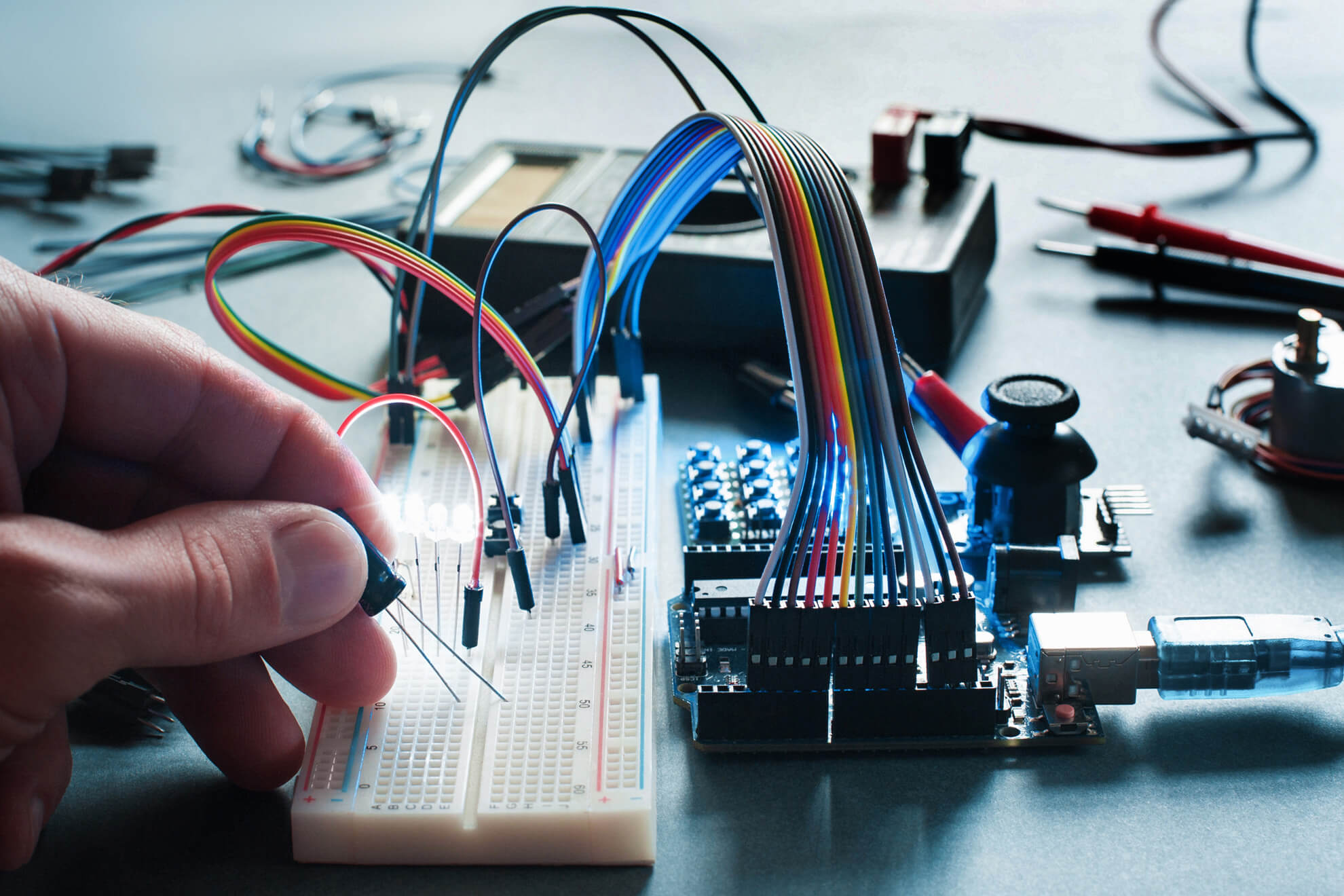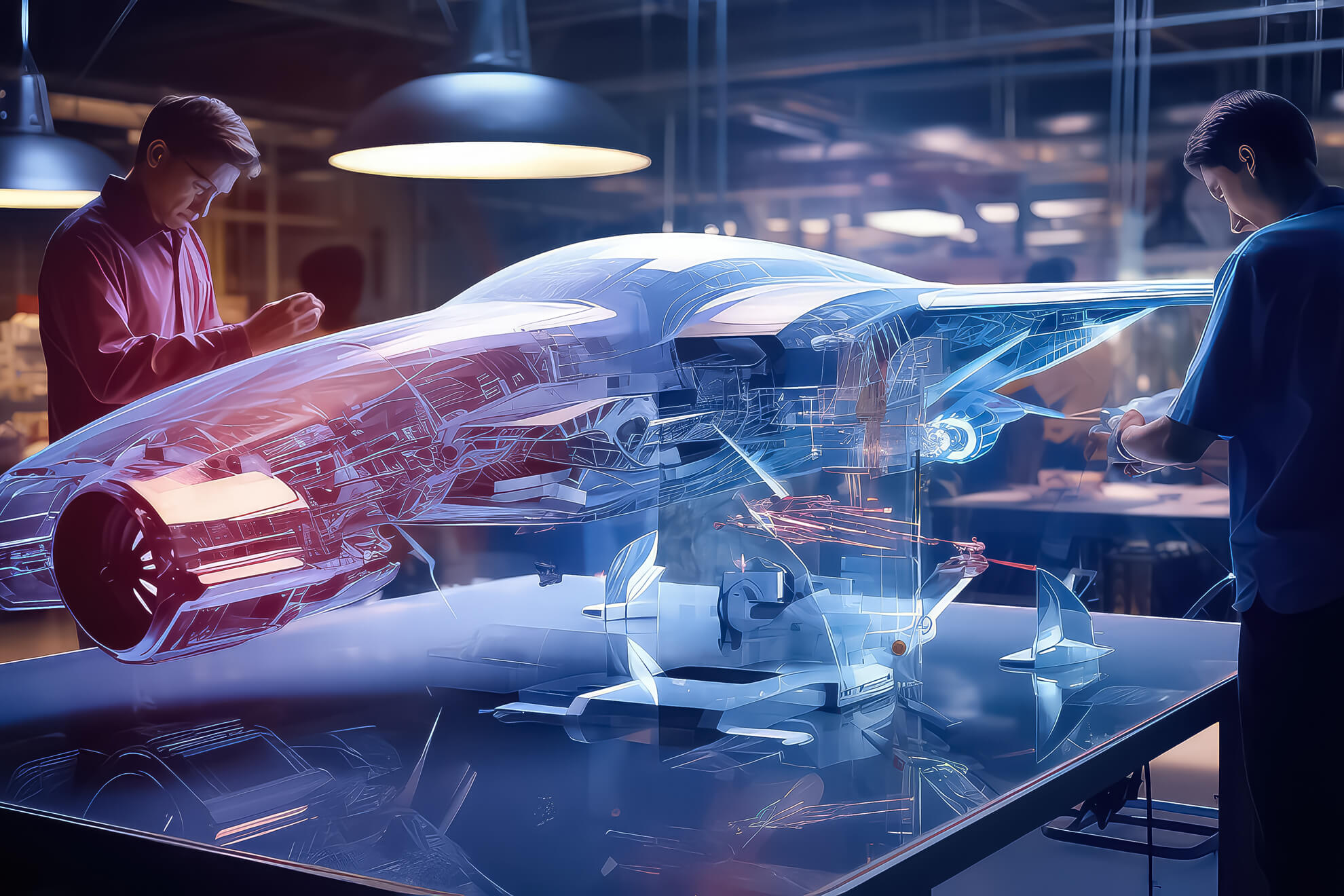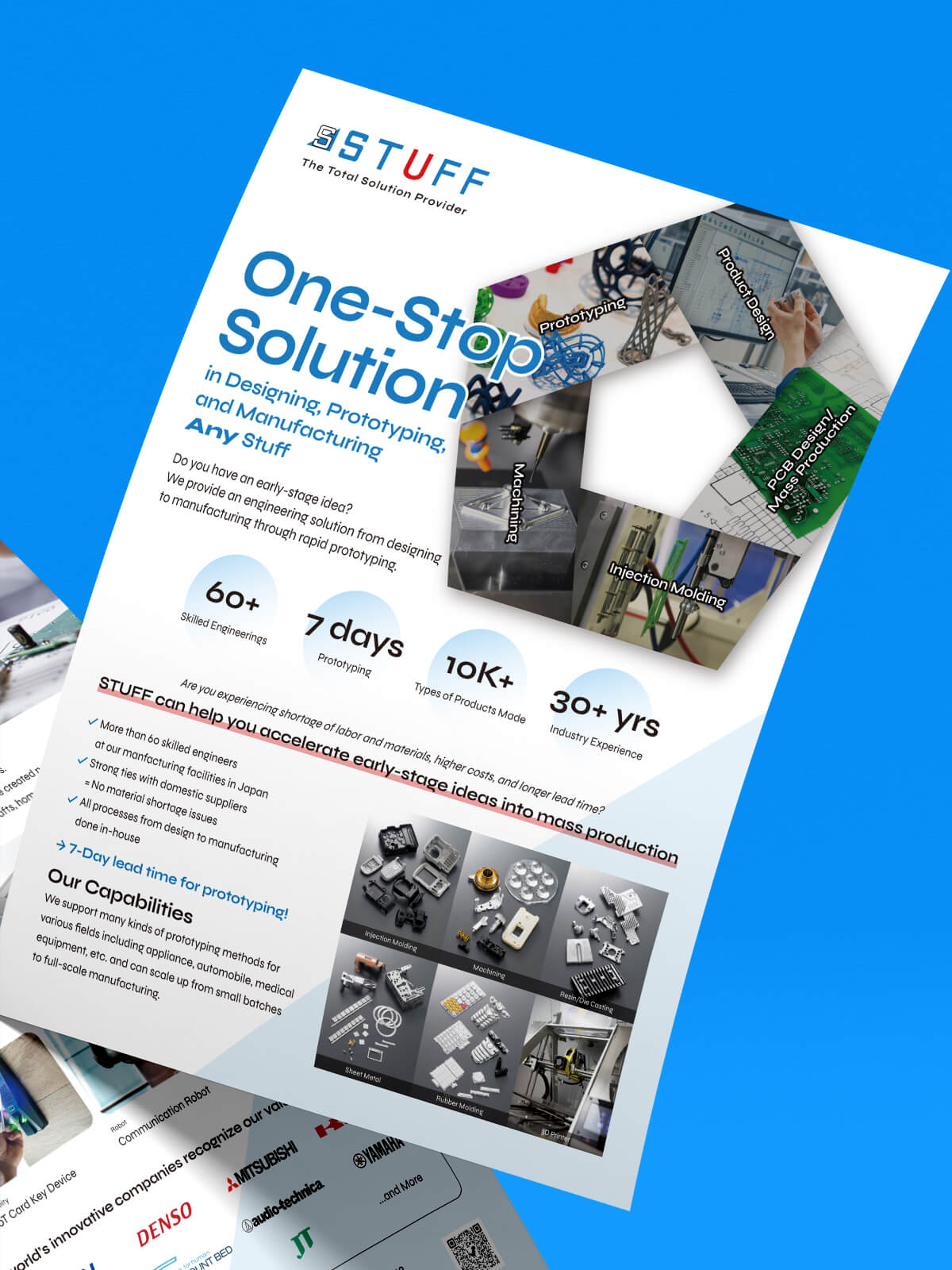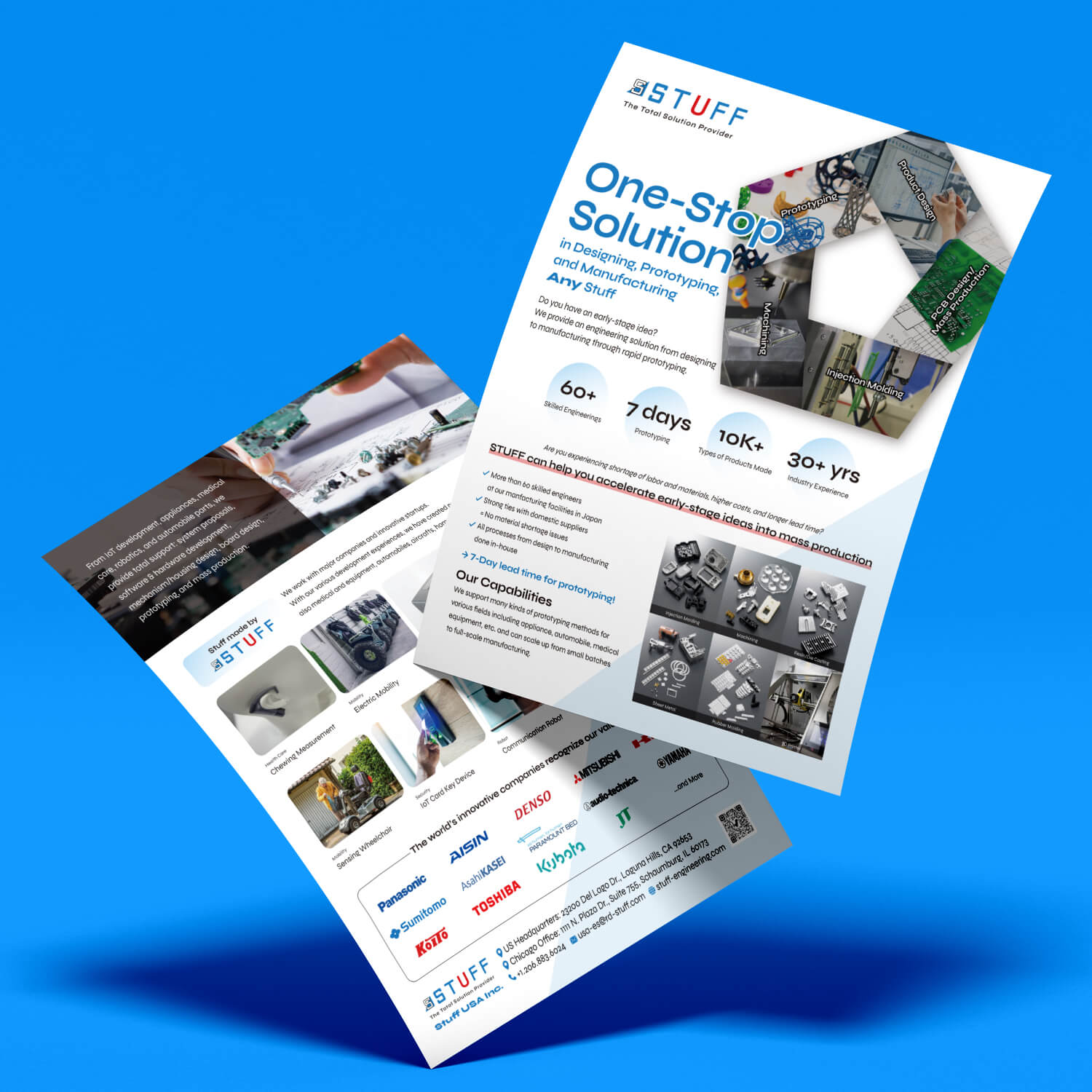November 1, 2023
Precision Machining: The Cornerstone of Modern Manufacturing
POSTED BY
Team STUFF USA
Precision machining, often working behind the scenes, is the art of crafting intricate components with unmatched accuracy. It involves meticulously shaping materials to create parts with incredibly tight tolerances, where even a fraction of a millimeter can make a significant difference.
In today’s manufacturing landscape, precision machining stands as a quiet hero, responsible for the precise and reliable production of countless products. From the gears in high-performance cars to the intricate components of medical devices, precision machining is the driving force behind their creation. It ensures these products operate at peak efficiency, meet stringent safety standards, and allow for continuous innovation.
In this blog, we will delve deeper into the world of precision machining. We’ll explore its diverse applications across various industries, the cutting-edge technology that powers it, the myriad benefits it offers, the rigorous quality control processes involved, its role in prototyping and product development, its contribution to sustainability, and the latest trends and innovations shaping its future. Through real-world case studies and success stories, you’ll come to appreciate why precision machining is indeed the cornerstone of modern manufacturing.
Understanding Precision Machining
Precision machining is a manufacturing process that sets the gold standard for producing intricate and highly accurate components. Its significance in the world of modern manufacturing cannot be overstated, as it forms the bedrock upon which countless industries rely to create precise and reliable products.
At its core, precision machining is the art of shaping raw materials, such as metals, plastics, or composites, into precise components with incredibly tight tolerances. This level of precision is measured in micrometers, ensuring that each piece meets exacting specifications. The significance of precision machining lies in its ability to manufacture parts with unmatched accuracy, whether it’s crafting intricate gears for a luxury car or the precise components used in life-saving medical devices. It’s the driving force behind product quality, reliability, and safety across diverse sectors.
The core principles of precision in manufacturing revolve around accuracy, consistency, and meticulous attention to detail. These principles are upheld through the use of cutting-edge machinery and techniques that enable the removal of material from a workpiece with pinpoint precision. It’s about achieving perfection in every dimension, ensuring that the final product not only meets but often exceeds the most stringent quality standards. These principles guide precision machining and make it an indispensable part of the modern manufacturing landscape.
The Technology Behind Precision Machining
Precision machining is a realm where art meets science, and its mastery requires cutting-edge technology and advanced machinery. It’s this combination of technology, tools, and processes that makes precision machining not just a science but a true art form in manufacturing.
At the heart of precision machining are Computer Numerical Control (CNC) machines. These are sophisticated pieces of equipment that use computer programs to precisely control the movement of cutting tools. CNC machines can execute complex sequences of machining operations with unmatched accuracy. They are versatile and can handle various materials, from metals to plastics, with precision that is measured in micrometers. This level of precision is crucial when crafting components for industries such as aerospace, automotive, and medical devices, where the slightest deviation can lead to critical failures.
The tools and equipment used in precision machining are a testament to human ingenuity. Precision cutting tools, such as end mills, drills, and reamers, are designed to cut material with exceptional precision. These tools come in various shapes and sizes to suit different machining tasks. Additionally, measuring instruments, such as micrometers and coordinate measuring machines, play a critical role in ensuring that the final product meets exact specifications.
The processes involved in precision machining are equally vital. Machinists, highly skilled individuals, use their expertise to interpret technical drawings and set up the machinery. They make decisions on cutting speeds, feeds, and tool selections to achieve the desired outcome. Coolant systems are used to maintain the temperature of the cutting tools, ensuring consistent performance and extending tool life.
Advantages of Precision Machining
Precision machining offers a multitude of advantages that set it apart as a superior manufacturing process. Foremost among these advantages is accuracy. Precision machining allows for the creation of components with tolerances that can be measured in micrometers, ensuring that each part is produced with impeccable precision. This level of accuracy is invaluable across industries where safety and performance are paramount, such as aerospace and medical devices. It guarantees that every component fits and functions flawlessly, contributing to overall product reliability.
Repeatability is another significant benefit. Precision machining processes are not susceptible to the inconsistencies that can affect manual manufacturing. Whether it’s the first component or the thousandth, precision machining ensures consistent results. This reliability is a game-changer in mass production and industries where uniformity is a necessity. Furthermore, precision machining offers material versatility. It can work with a wide range of materials, from metals to plastics and composites. This versatility enables manufacturers to choose the material that best suits their product’s requirements, from strength to weight considerations. In sum, precision machining’s accuracy, repeatability, and material versatility combine to produce high-quality, reliable products, making it an indispensable tool in the manufacturing toolbox.
Prototyping and Product Development: Precision Machining’s Crucial Role
In the dynamic world of product development, precision machining emerges as a pivotal force, expediting the journey from concept to production. Prototyping is a cornerstone of this process, where precision machining offers unparalleled benefits. The ability to quickly and accurately produce prototypes is a game-changer, enabling designers and engineers to iterate, test, and refine their concepts with unmatched speed and precision.
One of the key advantages of precision machining in prototyping is its ability to create highly detailed, functional prototypes that closely mimic the final product. Whether it’s a complex medical device or a critical automotive component, precision machining can produce prototypes that not only look the part but perform as expected. This level of accuracy ensures that the prototyping phase isn’t just about aesthetics but about functional testing and validation. For example, in the automotive industry, precision-machined prototypes of engine components allow engineers to evaluate performance, durability, and efficiency with confidence.
Furthermore, precision machining accelerates the design-to-production process. It reduces the time required to transition from concept to a finalized product. This is especially critical in industries where speed to market can mean a competitive edge. By having precision-machined prototypes that closely resemble the final product, design adjustments can be made swiftly, avoiding costly delays in the later stages of production. As a result, precision machining becomes the linchpin in an efficient, streamlined product development process, ensuring that innovation is realized swiftly and reliably.
Conclusion
In closing, the world of modern manufacturing owes a great debt to precision machining. This unassuming yet powerful process, characterized by its relentless pursuit of accuracy and attention to detail, stands as the lynchpin upon which countless industries rely. Precision machining, at its core, is the guardian of impeccable craftsmanship, ensuring that the products we depend on, from aerospace to medical devices, are built to the most demanding standards of quality and reliability.
The key takeaways from this article are clear: precision machining is the unsung hero, consistently delivering unmatched accuracy, repeatability, and material versatility. It’s the force behind the creation of highly detailed, functional prototypes, which accelerate the design-to-production process. But more than that, it’s a testament to human ingenuity, marrying cutting-edge technology with artisanal skill.
As we reflect on the world of precision machining, we are reminded that it’s not just a manufacturing process; it’s an art form. It’s the embodiment of precision, and it is, without a doubt, the cornerstone of modern manufacturing. In a world where quality, safety, and efficiency are paramount, precision machining stands unwavering, ensuring that the products that shape our lives are nothing short of exceptional.




